Cultural factors in Ho Chi Minh's political career
(Baonghean.vn) - President Ho Chi Minh was a politician, revolutionary activist, and at the same time a symbol of tolerance, compassion, lifestyle practices and cultural personality.
The accumulation of cultural resources in Ho Chi Minh
Born into a patriotic Confucian family, from a young age he absorbed the values of civilization, the tradition of fighting against foreign invaders of the nation and the quintessence of Eastern culture. Later, studying and growing up in Hue - the capital of the country at that time, the young man Nguyen Tat Thanh had the opportunity to approach and learn about Western cultural ideology.
He said: “When I was about thirteen years old, I first heard three French words: Liberty, Equality, Fraternity… And from that time on, I really wanted to get acquainted with French civilization, wanted to find out what was hidden behind those words.”(1).
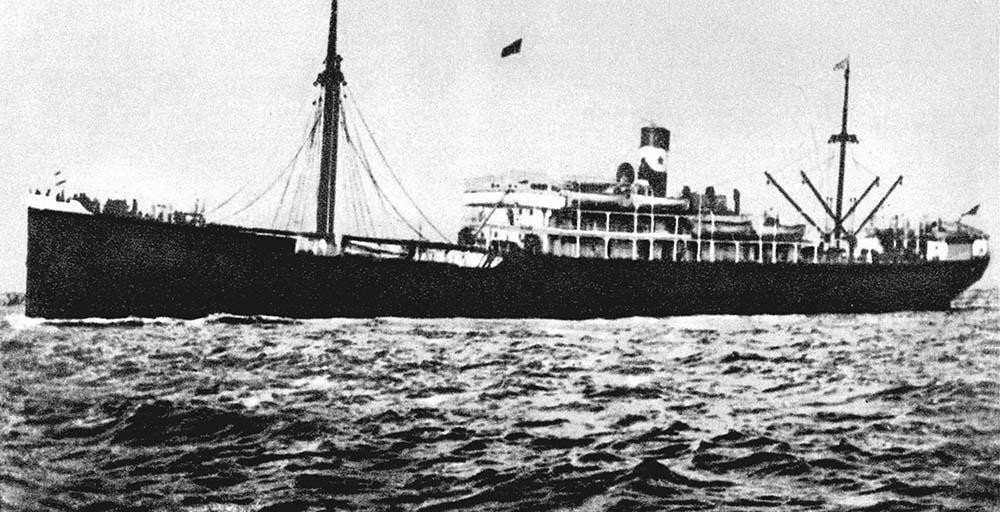 |
| The ship Admiral Latouche Treville (L'Admiral Latouche Treville) took Nguyen Tat Thanh away from the Fatherland to find a way to save the country (June 1911). Photo archive |
With great will and ambition, sensitive to the new, Ho Chi Minh did not follow the path of his predecessors but wanted to go to see what the "mother country" was like to learn how to help his compatriots and liberate the nation. Ho Chi Minh's journey to find a way to save the country had an important foundation of Eastern and Western cultural knowledge and ardent patriotism.
In Europe, on his journey of wandering to earn a living and observe, the patriot Nguyen Ai Quoc participated in the workers' movement, and at the same time learned more about French culture and Western culture. He read many newspapers, studied many works of thinkers such as Voltaire, Montesquieu, Rousseau; studied the economics of Ricardo, Adam Smith..., while studying, he wrote for newspapers, wrote plays, and made friends with many famous intellectuals, politicians, and artists to enrich his intelligence.
It was the process of accumulating cultural and intellectual resources that made Ho Chi Minh a symbol of the East-West cultural exchange, bringing his political career to universal value for all humanity. Therefore, in 1924, Swedish artist Erich Johnson wrote: “His cultured and intimate gestures gave the impression that he was prestigious. He could become a leader not by anything superficial but by his education and intelligence.”(2). And Soviet journalist Osip Mandenstam commented: "From Nguyen Ai Quoc radiated a culture, not European culture, but perhaps a future culture."(3).
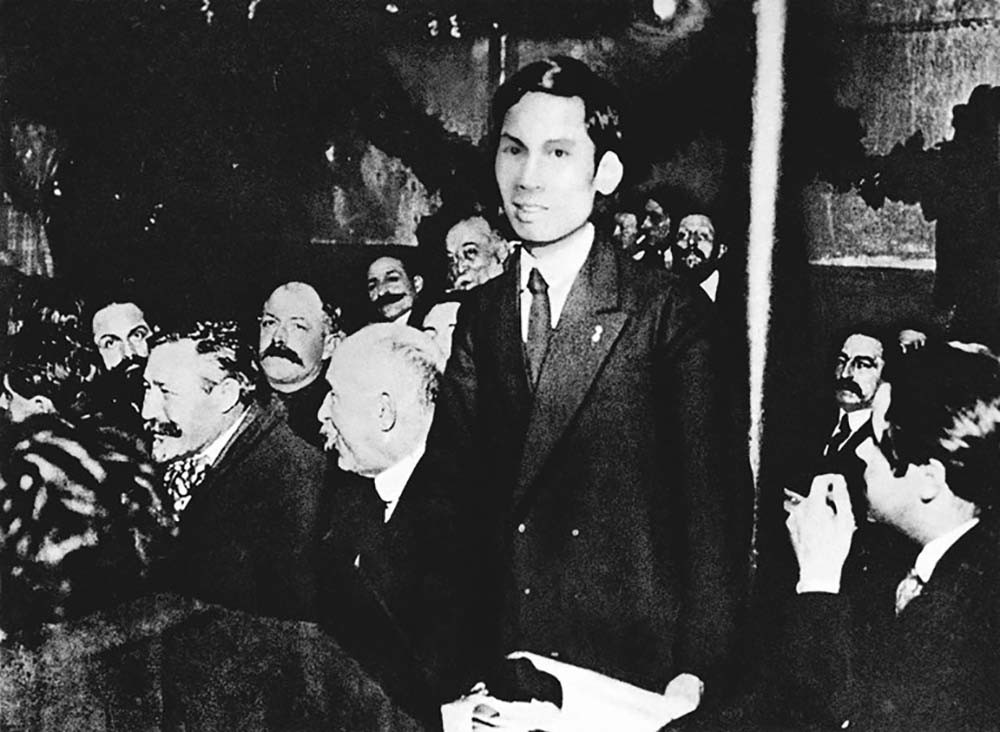 |
| Nguyen Ai Quoc speaks at the 18th National Congress of the French Socialist Party. Photo: Archive |
Culture and the choice of goals and ideals
From the core of traditional culture, Ho Chi Minh came to Marxism-Leninism: “At first, it was patriotism, not communism, that made me believe in Lenin, believe in the Third International. Step by step, in the struggle, while studying Marxism-Leninism theory and doing practical work, I gradually understood that only socialism and communism can liberate oppressed peoples and workers around the world from slavery.”(4).
After studying Lenin's Draft Theses on the National and Colonial Questions, participating in the national liberation movement and becoming an international soldier, with his theoretical knowledge and practical experience, Nguyen Ai Quoc affirmed that the only correct way to save the country was the proletarian revolutionary path. He had such a decisive attitude thanks to his rich traditional cultural background. It acted as a natural filter, as a basis for assessing the correctness of revolutionary doctrines: "I respect Lenin because Lenin was a great patriot who liberated his compatriots."(5)and "After liberating Russia, we also want to liberate all other nations"(6).
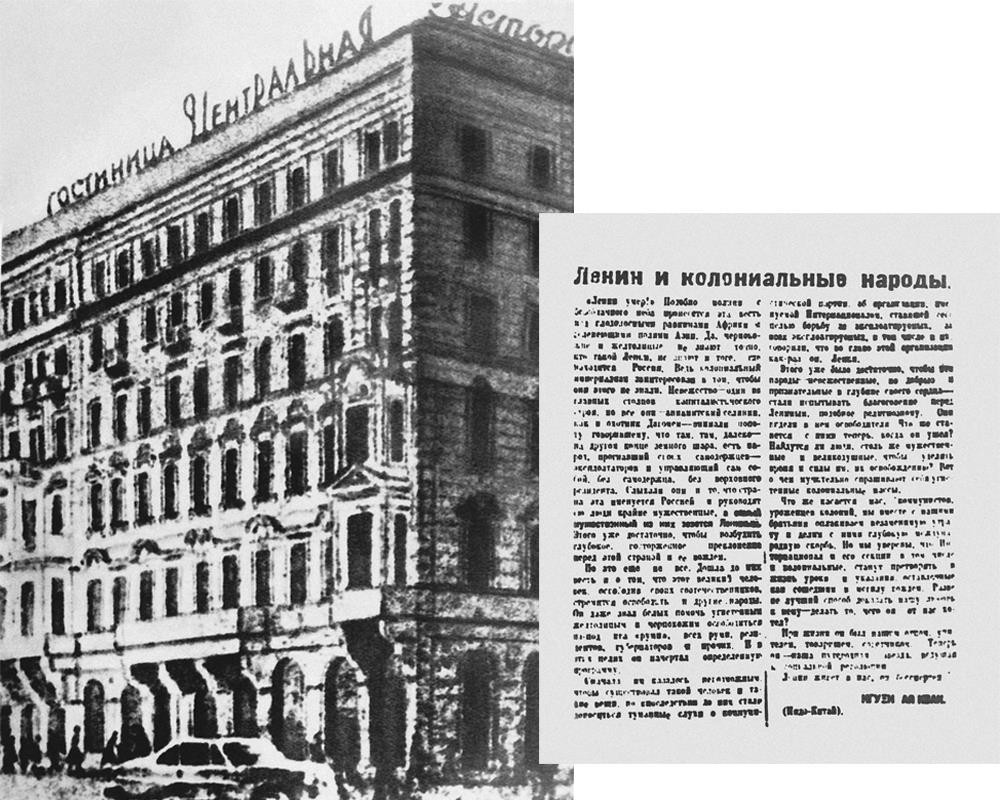 |
| Moscow Central Hotel, where Nguyen Ai Quoc stayed during the 5th International Communist Congress (July 1924); Nguyen Ai Quoc's article "Lenin and the Colonial Peoples", published in the Soviet newspaper Su That (January 27, 1924). Photo archive |
Nguyen Ai Quoc came to communism because of the similarity between revolutionary ideals and Eastern political and social thought. According to him, it was the similarity in the ideology of “great unity” and the tradition of communal society that made Marxism “penetrate easily into Asia, more easily than in Europe”.(7).
It can be said that Eastern culture is the foundation for Nguyen Ai Quoc to receive and grasp the new knowledge of Marxism - Leninism. However, the core convergence point between Ho Chi Minh's political career and communist ideals comes from the goal of human liberation, the unity between culture - people - development. Marxism - Leninism is realistic humanism, and Ho Chi Minh advocated "building a humanistic philosophy of action to liberate the nation, liberate society, liberate people"(8).
On the basis of creatively absorbing the historical materialist perception of Marxism-Leninism, Ho Chi Minh thought about "The meaning of culture: For the sake of survival as well as the purpose of life, humans created and invented language, writing, ethics, law, science, religion, literature, art, tools for daily life of clothing, food, housing and methods of use"(9)Ho Chi Minh saw culture as a synthetic mechanism to form and develop human society. His choice of ideals and political goals was the result of the process of cultural accumulation from knowledge and experience combined with national traditions and universal humanitarian spiritual values to respond to the revolutionary situation of the nation and the times.
Culture and the issue of gathering forces and promoting resources to serve the revolutionary cause
Revolution is the cause of the masses, therefore, the issue of organizing forces is the core issue of every revolution. Realizing that, as early as 1923, while still abroad, Ho Chi Minh wrote: “What must we do? ... For me, the answer is clear: return to the country, go among the masses, awaken them, organize them, unite them, train them, and lead them to fight for freedom and independence.”(10).
Ho Chi Minh believed that awakening the masses was a revolutionary task of paramount importance. He worked tirelessly in the field of revolutionary propaganda from the very first days of his journey to save the people and the country. In particular, culture and literature were tools that Ho Chi Minh used regularly. He called for "culture to light the way for the nation", "culture must lead the nation to achieve independence, self-reliance and self-reliance", and "cultural work must be promoted to train new people and new cadres for the resistance war and national construction".(11).
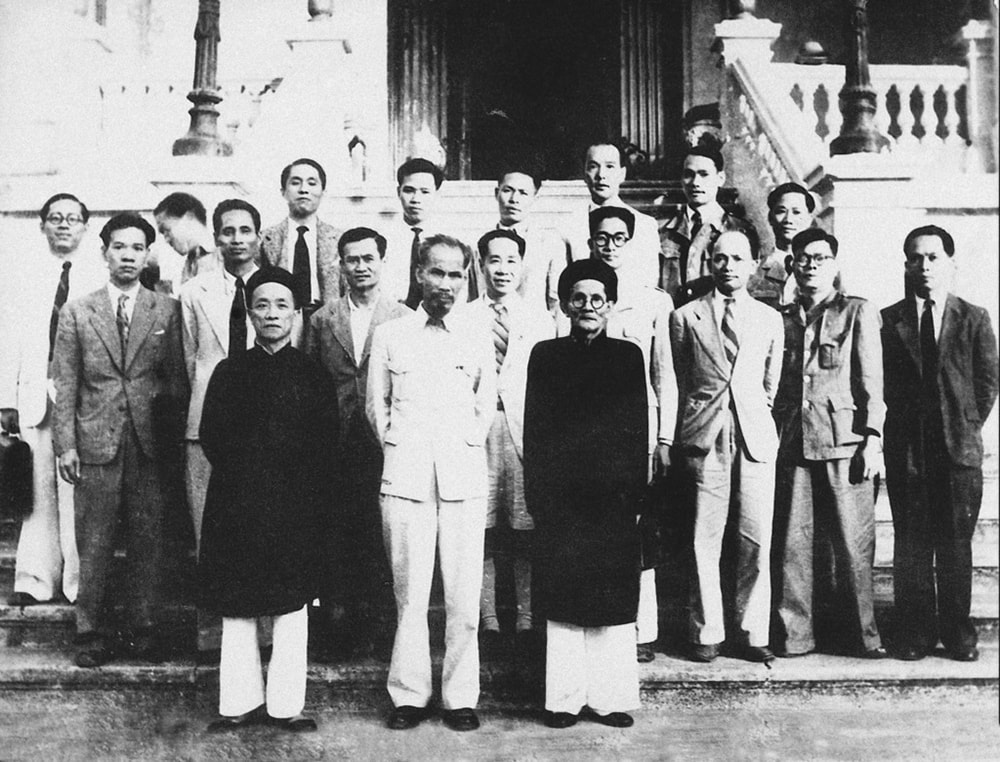 |
| The Democratic Republic of Vietnam government was established with Ho Chi Minh as President and introduced to the nation (November 3, 1946). Photo courtesy |
He believed that every person, every cadre must have a general cultural level, must have knowledge of history, science - technology, management and expertise to build the country.
Along with the requirements of cultural, professional and technical qualifications, Ho Chi Minh especially emphasized the ethical factor in building revolutionary people, which are traditional ethical values, applied appropriately to the new situation, to the requirements of the revolution for cadres and party members. Promoting the cultural and ethical factor in the personality of cadres and party members who make revolution, Ho Chi Minh reminded the Vietnamese communists: "Our Party is ethical, civilized, unified, independent, peaceful and prosperous."(12).
From a very early age, Ho Chi Minh was clearly aware of the function and role of a true intellectual closely attached to the people, wholeheartedly striving for the cause of liberating his compatriots. As a practical political activist of great cultural stature, Ho Chi Minh always saw the urgency of finding and using talented people. Right from the early days of the revolutionary government, Ho Chi Minh wrote two famous articles: “Talent and National Construction” (November 14, 1945) and “Finding Talented and Virtuous People” (November 20, 1946), which can be considered as the Proclamation for the Wise of the new era. In it, he determined: “Construction requires talented people. Among the 20 million compatriots, there is certainly no shortage of talented and virtuous people. I am afraid that the Government does not listen to or see everywhere, so that talented and virtuous people cannot come from here. I admit that shortcoming.”(13).
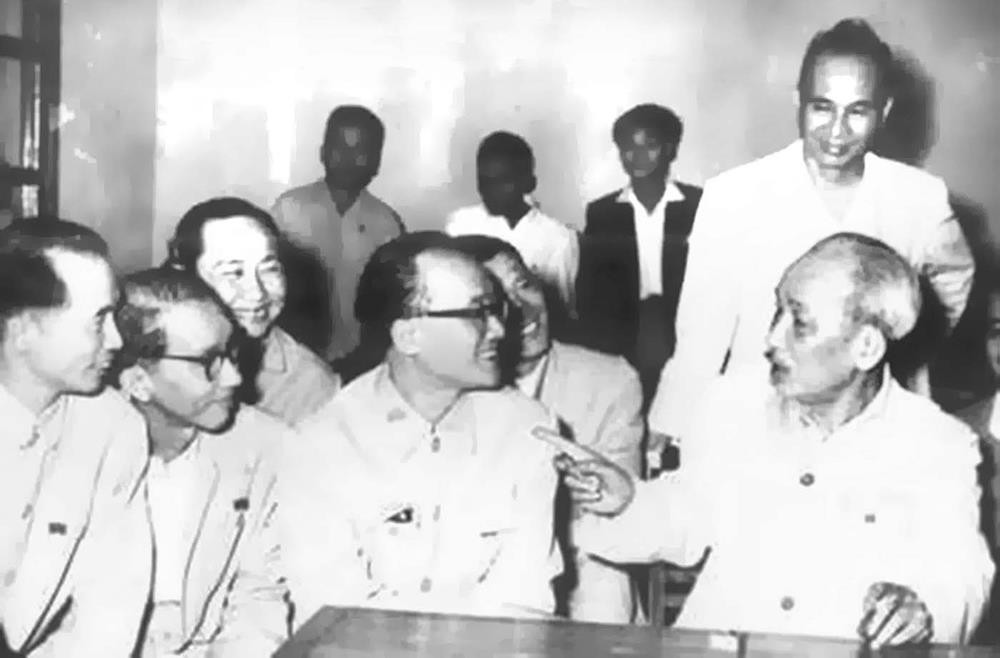 |
| Uncle Ho talking with intellectuals. Photo archive |
With the spirit of great national unity, aiming at the common interests of the nation, Ho Chi Minh discovered, attracted, inspired, and trained many talented people, bringing them into the revolutionary ranks, serving the cause of resistance and nation building. Typical examples include intellectuals Huynh Thuc Khang, Bui Bang Doan, Pham Khac Hoe, Nguyen Van To; scientists Tran Dai Nghia, Ton That Tung, Dang Van Ngu, Ho Dac Di...
Ho Chi Minh's way of using people comes from a modern and humane concept of people, widely gathering talented people, without limiting "people in the Party" or "people outside the Party". That is the intelligence and mettle of a strategic leader, the spirit of tolerance and humanity of a great culturalist, all of which are directed towards the highest interests of the people and the nation. Patriotic intellectual Huynh Thuc Khang said: "Uncle Ho's sincere and dynamic will and heart can move even stone, let alone me."(14).
Ho Chi Minh truly cared for and trusted intellectuals not only in words but also in deeds, thereby creating confidence for intellectuals in the country's revolutionary cause as well as in their own career and future.
Ho Chi Minh's political and cultural personality
The personality of politician Ho Chi Minh is a harmonious combination of political talent with ethics, style and cultural creativity, contributing to the victory of the Vietnamese revolution. He is a politician, a revolutionary activist, and at the same time a symbol of tolerance, humanity, and the practice of cultural lifestyle and personality.
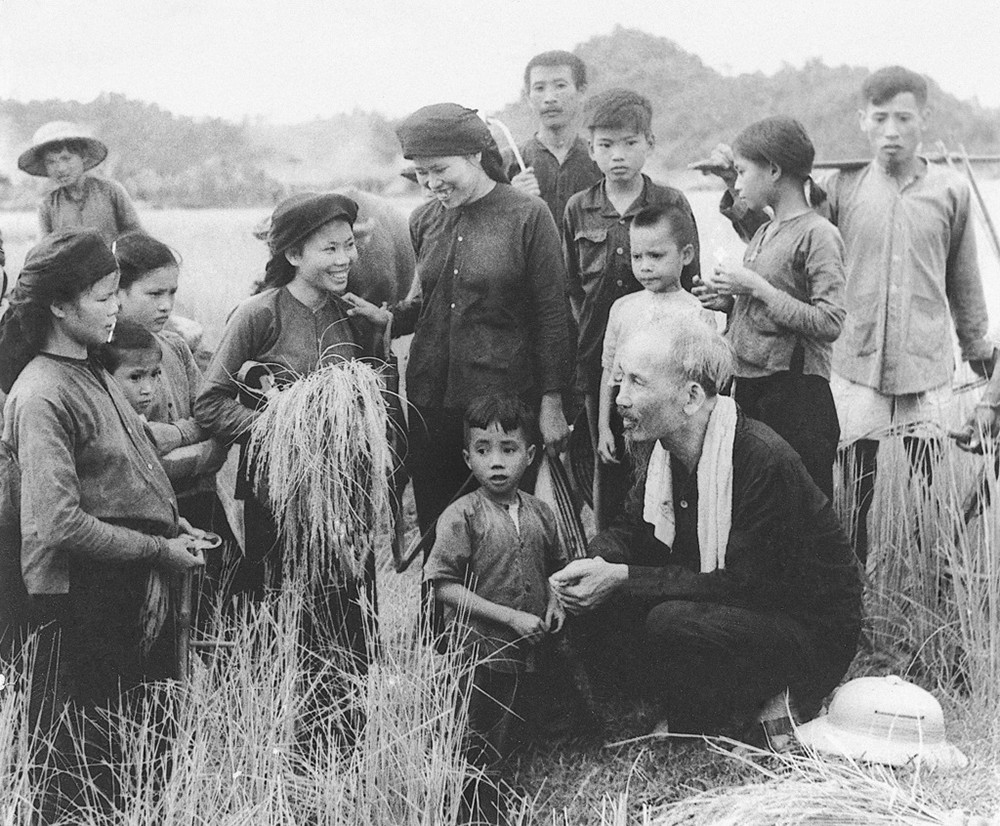 |
| President Ho Chi Minh visited Hung Son Cooperative, Dai Tu district, Thai Nguyen province during the harvest season (1954). Photo archive |
Ho Chi Minh's political goals and ideals are extremely noble: national liberation, social liberation and human liberation. At the same time, there is a high degree of humanistic unity between political ideals and goals and the methods and means to achieve those goals. Stemming from his love for humanity, his love for the Fatherland and the people, his nation and humanity, Ho Chi Minh voluntarily engaged in arduous and dangerous struggles, ready to sacrifice his life. He devoted his entire life to that principle and goal with all the extraordinary willpower born from his soul, intelligence, unshakable faith in the truth, along with his sensitivity to the lives of the people and the future of the nation.
As a revolutionary soldier, Ho Chi Minh set an example of tolerance and love of peace. Ho Chi Minh's method is a method of influencing, persuading, and winning over people of all classes, ages, and abilities, creating a great national unity.
Ho Chi Minh's personality exudes nobility and simplicity, not letting material desires cloud his soul, not letting war affect his humanistic and optimistic spirit. That is the character of a new-age political leader but has the appearance of an Eastern philosopher. That personality has the power to shine and gather millions of people, even enemies must respect and praise him.
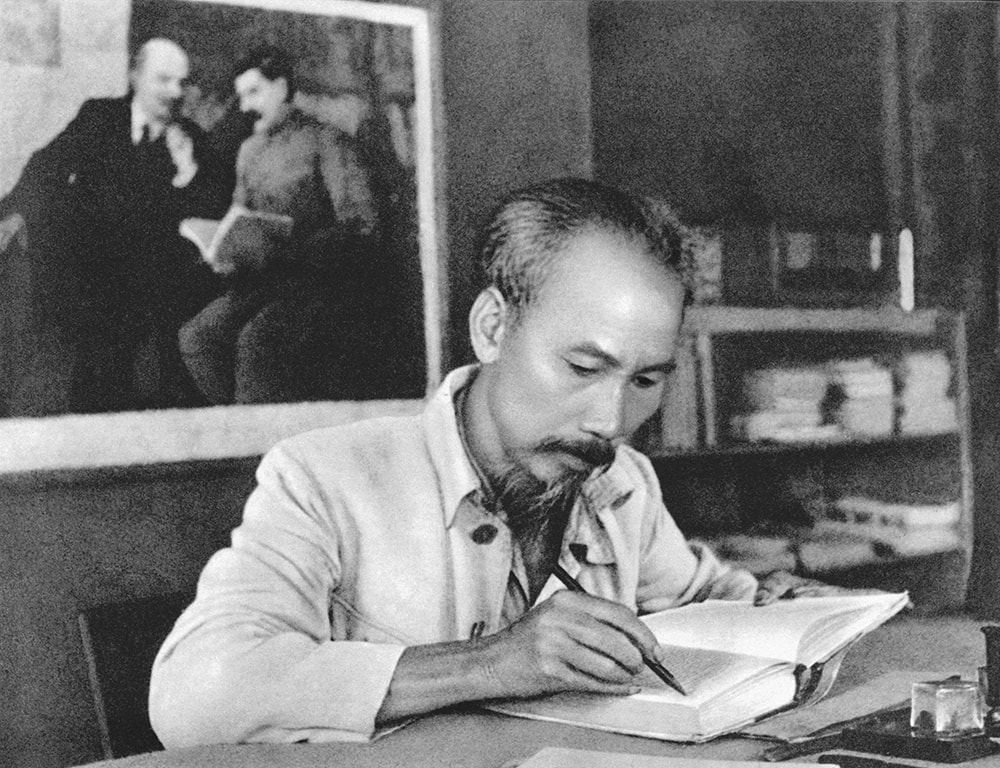 |
| President Ho Chi Minh |
Ho Chi Minh's political and cultural personality, the person, his life, and his political career are a crystallization of the best and most excellent aspects of human intelligence, morality, soul, and emotions and the Vietnamese cultural identity. Ho Chi Minh's example and ideology will guide our actions and add spiritual strength, and be a great encouragement for our nation and people to overcome difficulties and achieve victories in the 21st century.
________________
(1), (3), (7), (10) Ho Chi Minh: Complete Works, vol. 1, National Political Publishing House, Hanoi, 1995, pp. 477, 478, 35, 192.
(2) Ho Chi Minh: Biographical Chronicle, vol. 1, National Political Publishing House, Hanoi, 1993, p. 202.
(4), (5), (12) Ho Chi Minh: Complete Works, op. cit., vol. 10, 1996, pp. 128, 126, 5.
(6) Ibid, vol. 2, p. 208.
(8) Vo Nguyen Giap: Ho Chi Minh's thoughts on building Vietnamese culture, National Political Publishing House, Hanoi, 1998, p.29.
(9) Ho Chi Minh: Op.cit., vol.3, p.431.
(11) Ibid, vol. 6, p. 173.
(13) Ibid, vol. 4, p. 451.
(14) Professor Dinh Xuan Lam: “President Ho Chi Minh with intellectuals”, People's Weekend, No. 1-4-2000.

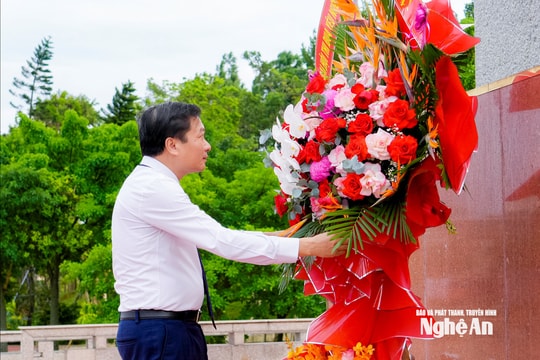
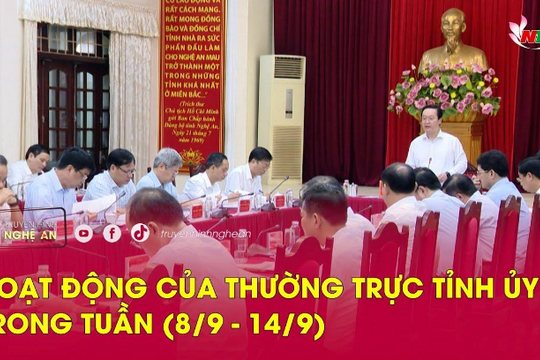
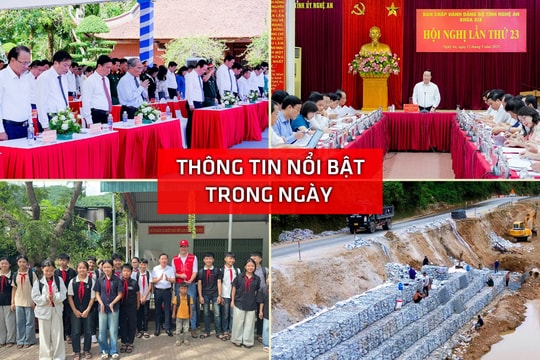
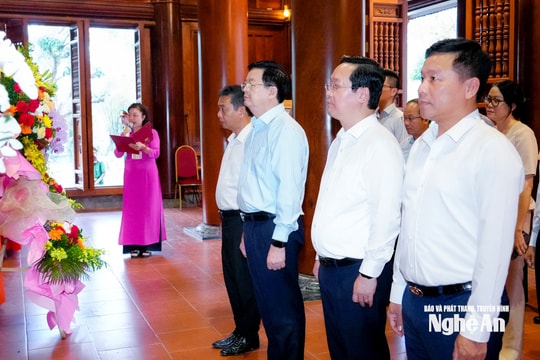
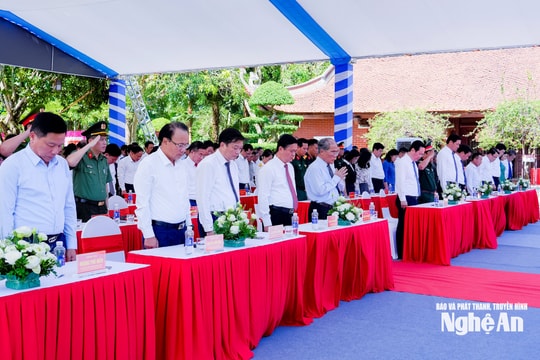
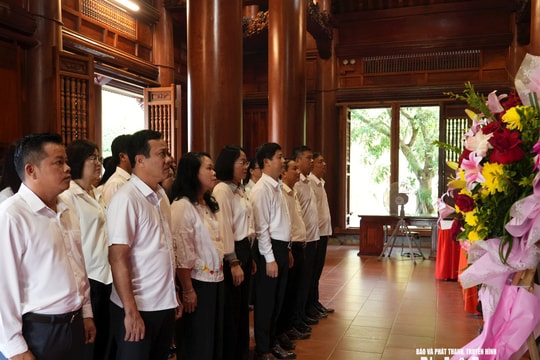
.jpg)
